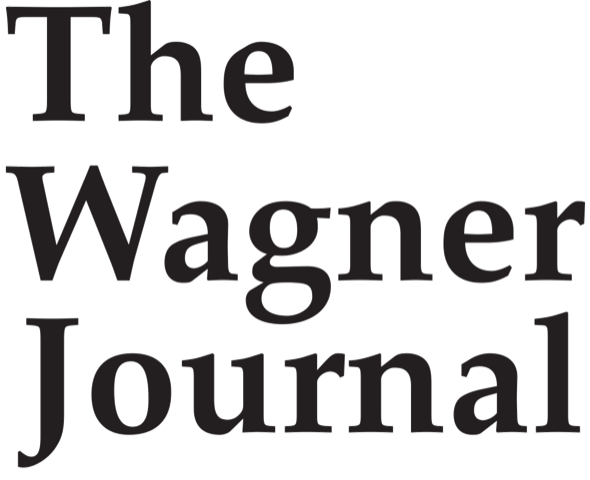The Wagner Journal
Edward A. Bortnichak and Paula M. Bortnichak, Reflections on Dmitri Tcherniakov’s ‘Der fliegende Holländer’: Everyman’s Search for Home and Justice
Edward A. Bortnichak and Paula M. Bortnichak, Reflections on Dmitri Tcherniakov’s ‘Der fliegende Holländer’: Everyman’s Search for Home and Justice
Couldn't load pickup availability
March 2024, Volume 18, Number 1, 53–9.
The wandering of heroes in epic quests for redemption and homecoming is central to the entire Wagner canon. In the 19th-century Wagnerian universe, the salvation of man must be through the selfless agency of woman, and this lifelong developmental adventure is inextricably coupled with the hero’s struggle to return ‘home’, in both the concrete and metaphorical senses of homecoming. Home is identified as that place of original nurture and emotional safe harbour which is personified in the figure of the ideal ‘mother’. Thus, Tannhäuser’s Venusberg, Tristan’s Kareol and Parsifal’s Monsalvat may be ephemeral and mystical destinations in the Wagner cosmology, but they are all also strangely familiar to us, in that we instinctively know them to be the ancestral grounds to which these Wagner heroes must return to complete their mythic journeys. They are the dimly seen but strongly sensed locations that remind us of our own personal quest for homeland and for the emotional equilibrium promised there. Dimitri Tcherniakov’s current production of Der fliegende Holländer for the Bayreuth Festival brings all of these interrelated, essential motifs into bold relief in a powerful reading that translates this early but prescient Wagner opera from the dawn of modern psychology to our own post-Freudian age.
